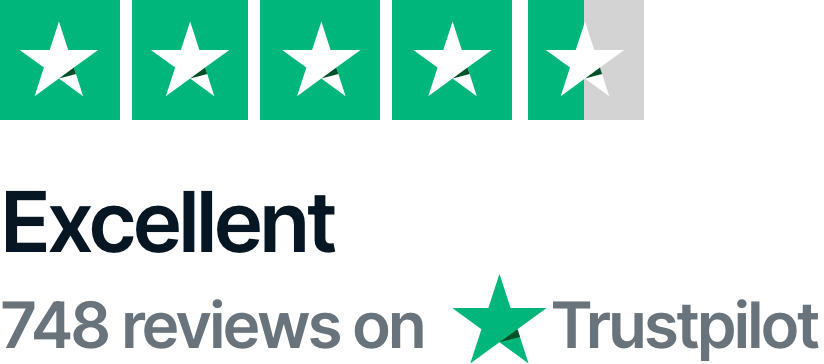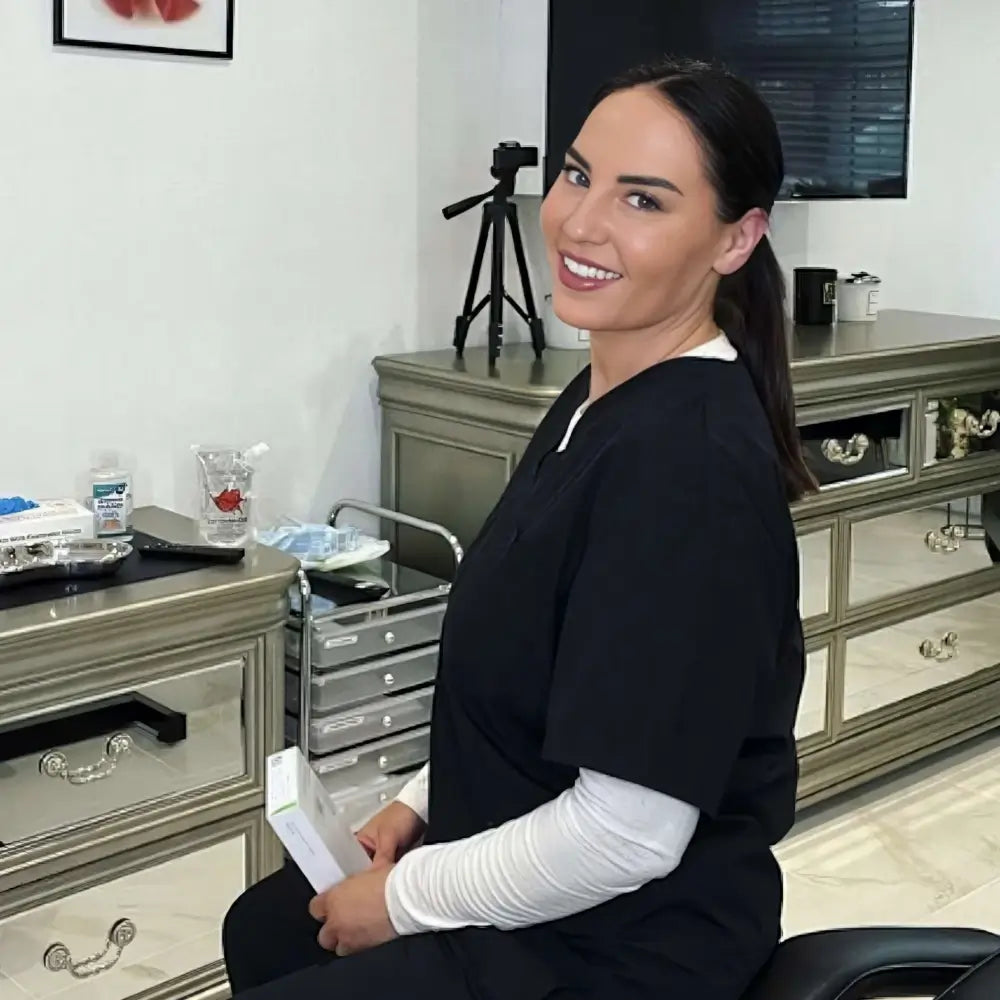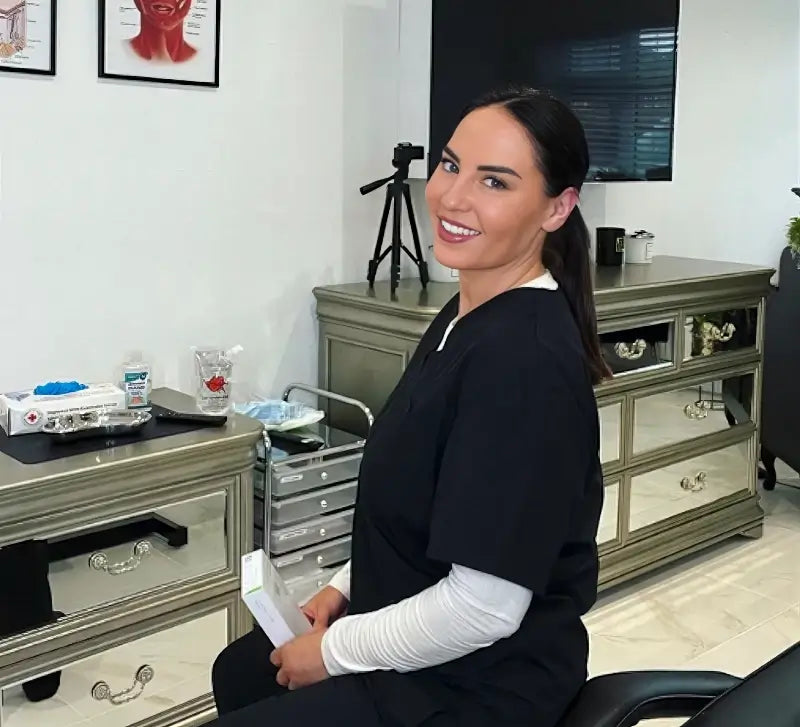In the burgeoning field of teeth whitening, where the quest for a brighter smile intersects with stringent legal regulations, ensuring proper training isn't just a matter of skill—it's a prerequisite for legal compliance and ethical practice. As an aspiring teeth whitening professional, navigating the maze of training options can be daunting. How do you know if you've received the necessary training to operate within the bounds of the law? Let's shed light on this crucial question and empower you with the knowledge to discern legitimate training from dubious alternatives.
Understanding Legal Requirements: The Foundation of Compliance
Before delving into training considerations, it's essential to grasp the legal landscape governing teeth whitening practices. In many jurisdictions, teeth whitening is classified as a dental procedure and falls under the purview of dental boards or regulatory bodies. As such, individuals offering teeth whitening services must adhere to specific guidelines, obtain requisite certifications, and operate within legal frameworks to avoid potential repercussions.
Accredited Training Programs: A Seal of Approval
One of the surefire indicators of legitimate training is accreditation from recognized institutions or governing bodies. Accredited training programs undergo rigorous evaluation to ensure they meet established standards of quality, relevance, and compliance. When selecting a training provider, prioritise programs endorsed by reputable organisationswithin the dental or cosmetic industry. These programs typically cover essential topics such as oral anatomy, product knowledge, safety protocols, and legal considerations, equipping participants with comprehensive skills and knowledge.
Expert Instructors: Learning from Industry Professionals
The caliber of instructors can significantly influence the quality of training you receive. Seek out programs led by experienced industry professionals with a proven track record in teeth whitening and dental hygiene. Instructors who possess firsthand knowledge of regulatory requirements and best practices can offer invaluable insights and guidance, ensuring you receive training that aligns with legal standards and ethical principles.
Curriculum Content: A Holistic Approach to Education
A robust training curriculum should encompass a diverse range of topics relevant to teeth whitening practice. Beyond technical skills, it should cover legal and regulatory aspects, infection control protocols, client assessment, contraindications, and emergency procedures. By adopting a holistic approach to education, reputable training programs equip participants with the necessary tools to navigate legal complexities and deliver safe, effective treatments with confidence and competence.
Certification and Credentialing: A Testament to Competence
Upon completing a training program, you should receive formal certification or credentialing that validates your competency in teeth whitening procedures. This documentation serves as tangible evidence of your training and can be instrumental in demonstrating compliance with legal requirements to regulatory authorities, clients, and employers. Ensure that the certification you obtain is recognized and respected within the dental or cosmetic industry to bolster your credibility and professional standing.
Continuing Education: Staying Abreast of Developments
In the ever-evolving field of teeth whitening, staying abreast of developments is paramount. Seek out opportunities for continuing education and professional development to expand your knowledge, refine your skills, and stay current with regulatory changes and industry trends. By investing in lifelong learning, you demonstrate a commitment to excellence and legal compliance, setting yourself apart as a trusted and respected practitioner in the field.
Conclusion: Empowering Legal Compliance through Proper Training
As you embark on your journey into the realm of teeth whitening, prioritizing proper training is non-negotiable. By selecting accredited programs, learning from expert instructors, embracing comprehensive curricula, gaining hands-on experience, obtaining formal certification, and committing to lifelong learning, you can ensure legal compliance and ethical practice in your teeth whitening endeavours. Remember, the pursuit of a dazzling smile should always be accompanied by a commitment to integrity, professionalism, and adherence to the law.
Empower yourself with the knowledge and skills to shine brightly in the world of teeth whitening—legally, ethically, and confidently.


















